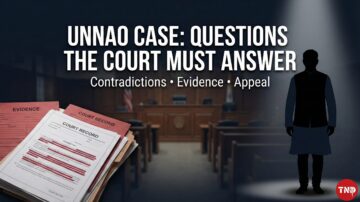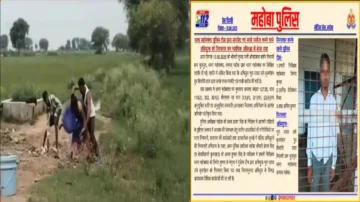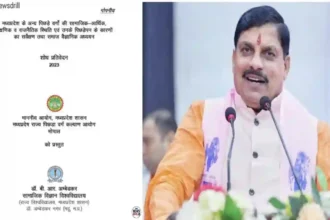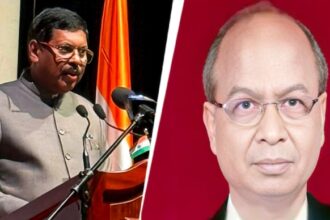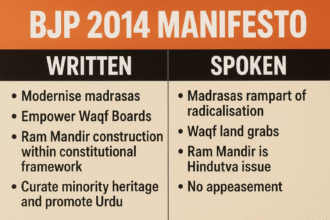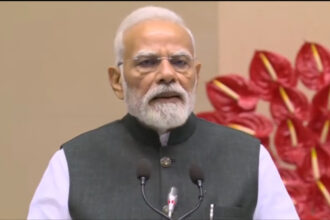New Delhi, August 15, 2025 — In a move that could redefine India’s affirmative action policy, the Supreme Court on Friday issued a notice to the Union government on a Public Interest Litigation (PIL) demanding the introduction of an income based reservation system for Scheduled Castes (SC) and Scheduled Tribes (ST).
The PIL contends that the present caste-based framework often benefits the economically better off sections within these communities, leaving the poorest behind. Petitioners have urged the Court to direct the Centre to replace or supplement the caste based model with an income linked framework, ensuring that benefits reach those in genuine need.
Background and Rationale
India’s reservation policy was originally designed to address historical oppression and social exclusion faced by SCs and STs. Critics, however, argue that the “creamy layer” within these groups often monopolises opportunities in education, employment, and government schemes. The petitioners propose an annual income threshold to determine eligibility, aligning affirmative action with present day economic realities.
This debate follows the precedent set by the 103rd Constitutional Amendment Act, 2019, which introduced a 10% quota for Economically Weaker Sections (EWS) in the general category, based entirely on income and asset criteria.
Court’s Stand
A bench led by Chief Justice has asked the Centre to respond within four weeks. While refraining from making any immediate ruling, the Court noted that it is crucial to understand the constitutional and practical feasibility of introducing such a system for SCs and STs.
Potential Impact
If implemented, the policy could significantly alter India’s reservation landscape. Proponents believe income based quotas could eliminate misuse by wealthier sections and ensure equitable distribution of benefits. Opponents caution that economic criteria alone cannot replace the social and historical disadvantages rooted in caste discrimination.
The issue is expected to spark intense political and social debate, with ramifications for electoral politics, social justice advocacy, and policy reforms.
The Supreme Court will revisit the matter after the Centre files its affidavit. Until then, the core question remains: Will India’s reservation policy move towards an income first approach for SCs and STs, or will caste remain the primary yardstick?
Stay Connected with The News Drill for more updates.


